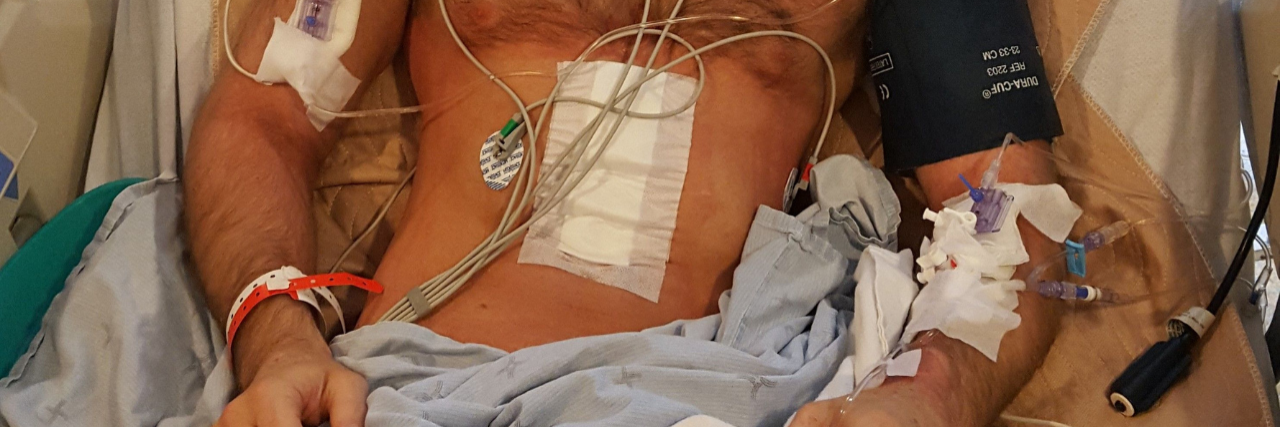In 2014, I donated my left kidney anonymously. A little over a year later, I donated part of my liver. I was diagnosed with bipolar disorder a few years later.
• What is Bipolar disorder?
The illness has overshadowed much of my life in the past few years. At various times and to varying degrees, it has stolen my happiness, my judgment, my passion and my physical health. I live a wonderful life thanks to fantastic healthcare and a loving family, but still the illness takes as much as it can.
There’s an old adage in boxing: “The punch you don’t see is the punch that hurts.” In my experience, the things you lose to mental illness which you don’t see coming can hurt the most.
I’m proud of my organ donations, though the credit should mostly go to the transplant team (my job was just to fall asleep for a few hours while doctors and nurses did the hard work). It’s an incalculable privilege to have the ability to donate and it’s something I will be forever grateful for. But my illness doesn’t care about that.
I wish I could ask the disorder to leave the past alone. But I can’t, so its tendrils snake through my memories and bind to my proudest moments. Nothing will convince me donating was the wrong thing to do, but I’m now unable to reminisce about those wonderful times without asking myself if it was all thanks to mania.
It’s a bit of a frivolous thing to be upset about, given two people who needed organs got them. Still, it hurts when doubt dampens pride.
I’m not alone in having a changed view of the past. My family doctor outright told me he used to brag about having a patient who anonymously donated two organs, but now, believing mania to have been a pivotal factor, he’s just angry nobody noticed the signs of my illness in time to stop me.
In subtler ways, I can see the same (well-intentioned) caging of enthusiasm regarding the donations from other doctors. A psychologist I see is careful to remind me whenever the donations come up they were extreme acts and there are many more reasonable ways to help people. I can tell he worries a discussion about my donations without such a disclaimer may lead me to pursue other actions of a similar scale.
I’m thankful to have a healthcare team composed of such thoughtful and caring doctors. I harbor no resentment whatsoever toward them and their careful handling of the subject. The struggle is internal — it’s uncertainty. Should I be proud? Or should I see the donations as emergent manic behavior? How can I be proud and at the same time consider the donations to be products of an illness?
I suppose reconciling the fact good came from the donations with the understanding I may have been influenced by my then-undiagnosed illness will be an ongoing challenge. So it is with mental illness in general. It’s the burden of those with mental illness to seek help for afflictions which are often inextricable from our identities. To treat distorted thoughts and unhealthy behaviors is to determine which parts of ourselves are best to keep and which are best cast away.
Original photo by author

